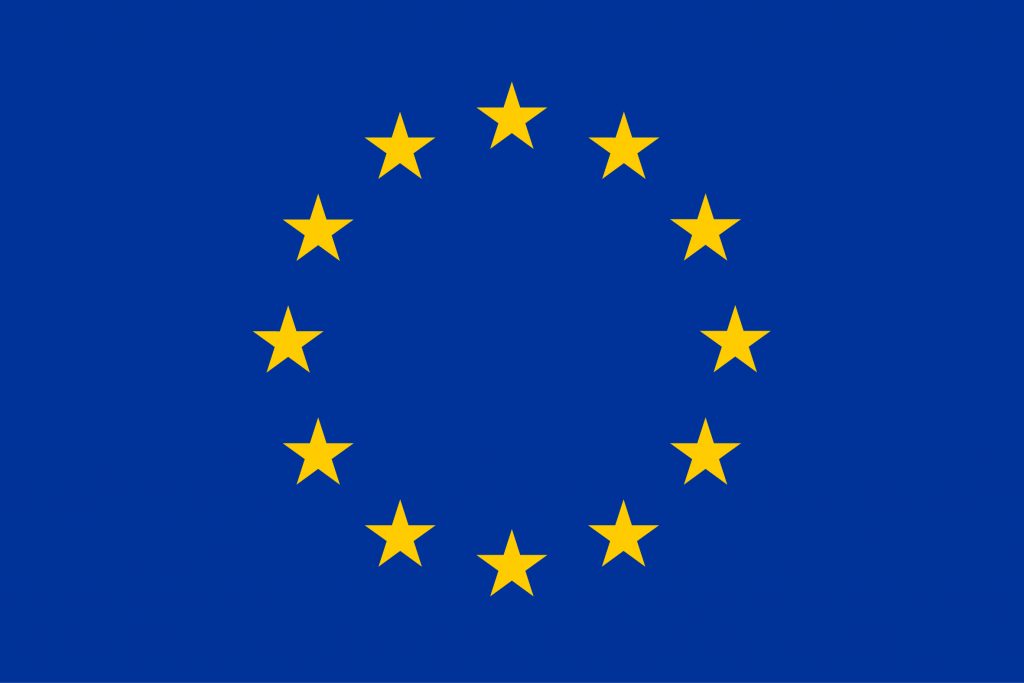ITP >> Academic Courses >> Social branding for cultural and sustainable tourism
Targets: university students and researchers
The online training course Marketing and social branding for cultural and sustainable tourism destinations is provided by the University of Pisa to be provided online to the partners and other users of the Training Portal.
to the partners and users of the INCULTUM Training Portal.
Today, branding and making attractive a cultural and sustainable destination has more and more to do with the combination of socio-cultural factors, design technologies, symbolic features, tangible and intangible elements of the place. The brand construction process is also well related to local community, local traditions and history, without forgetting territorial resource value [1].
In terms of competences, this means that social branding strategies are constructed on the basis of territorial elements and contextual factors influencing local brand positioning in the market, like marketing elements, as well as, geographical elements and socio-cultural factors.
The goal of the course is to provide the participants with the essentials of marketing logic applied to a cultural and sustainable destination, together with the importance of involving the locals in the place representation and branding. The course highlights the strategic tools for branding processes, from conceptualization to branding communication and local community involvement. A double perspective is adopted: the theoretical one to introduce concepts and models, and the practitioners’ perspective to provide tools and case studies.
The contents of the course are organized into three sections:
- Section 1 – Marketing and branding principles
- Section 2 – Promotion and storytelling of the tourism destination
- Section 3 – Locals involvement and place representation
Section 1 is dedicated to the essentials of marketing and branding to develop and enhance a tourism destination. After definining what is a tourism product and the difference between territory and destination, this section provides the marketing logic and the main steps of the MMP (Marketing Management Process). An insight is also given on branding strategy.
Section 2 is dedicated to storytelling and place representation. Here, branding is related to communication mechanisms and effects. In particular, valuable storytelling can create local benefits, such as place image enhancement, and local tourism offer promotion. Brand identity can be also realized through gamification actions, since «gamification is an excellent way to strenghten brands’ image as customer-friendly, socially-minded and community-involved». [2]
Section 3 is dedicated to locals involvement and place representation. Indeed, branding design process can be fostered by a participatory vision promoting sustainable and culture-related tourism on territories which contribute to make the destination an attractive tourism destination. [3] Here, after introducing the topic of mapping the different stakeholders of the destination, section 3 introduces the role of local community in branding the tourism destination.
Apart from examples and case studies, further information materials (FIMs) and tools are provided.
[1] FEDOTOVA N.G. (2019), “Brand management of territories: socio-cultural factors of designing a city brand” in The European Proceedings of Social & Behavioural Sciences, Future Academy, UK.
[2] CAPELLI G. (2016), Manual for participatory touirism connecting community and culture through storytelling, Croatia, Croatian Ministry of Tourism.
[3] NEGRUSA A. ET ALII. (2015), “Exploring gamification techniques and applications for sustainable tourism” in Sustainability, Switzerland, n. 7.






